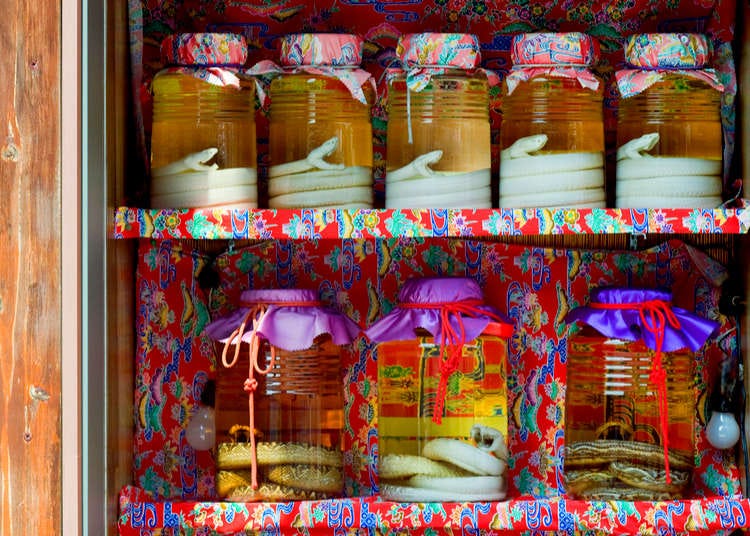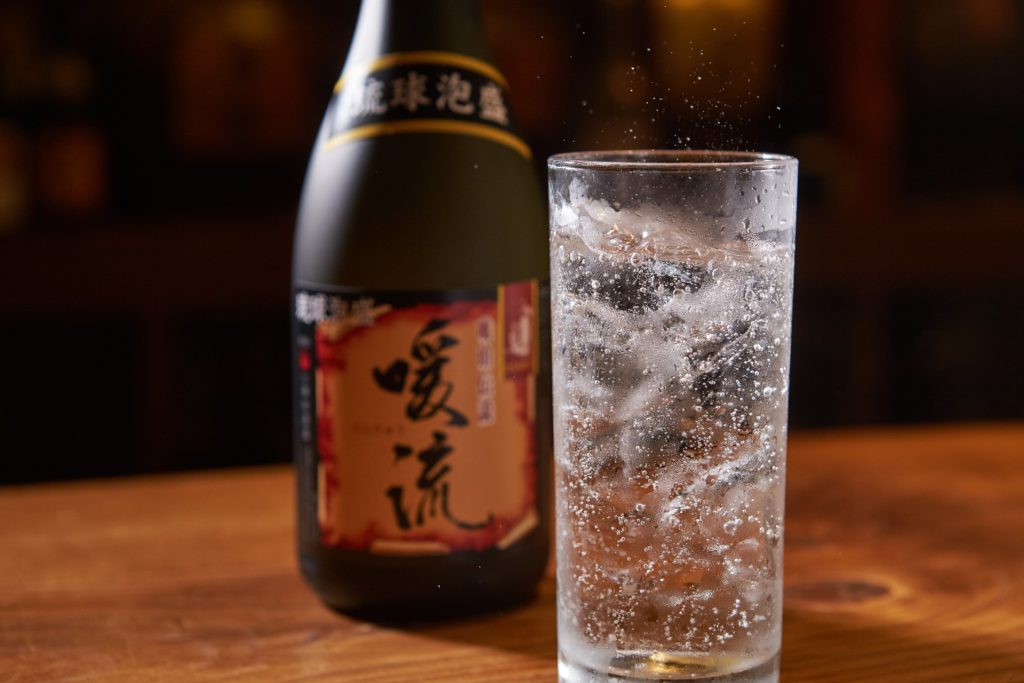
(Image Source: TTB, Visit Okinawa)
Glenfiddich has something pretty unique on the way - a Japanese Awamori cask finished Scotch. The new expression will be titled Glenfiddich Grand Yozakura, a 29 Year Old Single Malt Scotch that has been finished in Japanese Awamori casks, bottled at 45.1% ABV.


Awamori is an alcoholic beverage native to Okinawa, Japan, that is produced using long grain indica rice. Although unlike Sake, Awamori is not brewed but instead is distilled (like Shochu, except it exclusively makes use of rice as a base) and typically aged in traditional clay pots that allow its flavors to enrich and mellow out. It is typically drunk with water and ice and as a complement to the local cuisine. It is also known as "island sake" given its provenance from the Okinawan island.

One of the more eye-opening Awamori's - the Habushu includes a Pit Viper that has been soaked in the alcohol with herbs and honey. I don't suppose Glenfiddich is that adventurous. Lucky for them this doesn't come with usable wooden casks. (Image Source: Live Japan)
There are several types of Awamori, Kusu (aged for 3 years or more), Habushu (Awamori soaked Pit Viper Snake with herbs and honey), Hanazake (Awamori with 60% ABV), as well as variations of flower-infused Awamori's and Awamori's that infuses chillies and are used as sauce condiments. Its taste is often said to be comparable to whiskies, although some Awamori producers do add herbs to the distillation process, while the majority of Awamori produced stay consistent with traditional distillation methods.

Unaged Awamori is typically a colorless beverage, native to Okinawa, Japan, produced by distilling long grain Indica rice. (Image Source: Savvy Tokyo)
Our Take
This is certainly a unique take on a Scotch with a cask finish, although at the moment there's not much more information on what type of Awamori was used for the cask finish. While Awamori is usually aged in traditional clay pots, which offer up mineral flavors, there are other Kusu-type Awamori's that are matured in stainless steel vats or wooden casks to imbue the Awamori with other flavors.
Given that Scotch maturation necessitates the use of wooden casks, it's most likely we're looking at the latter of the Kusu-type Awamori's which have been matured in wooden casks that tend to give the Awamori sweeter, vanilla notes, not too much unlike whiskies. These are typically American white oak casks, which are used for Bourbon maturation as well.

This is again a bid by many Scotch distilleries to begin exploring more interesting variations of what they are able to produce after Scotch regulations were relaxed last year to allow a much wider range of what types of casks Scotchmakers are able to use, freeing them from the usual suspects of Bourbon, Sherry, Port and Rum casks.
Definitely an interesting release, but I do wonder if the Awamori influence will be discernible. A real wildcard!
Kanpai!

@111hotpot







